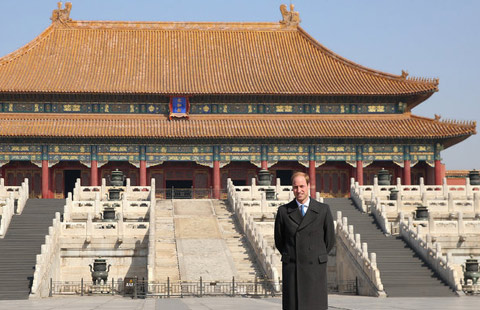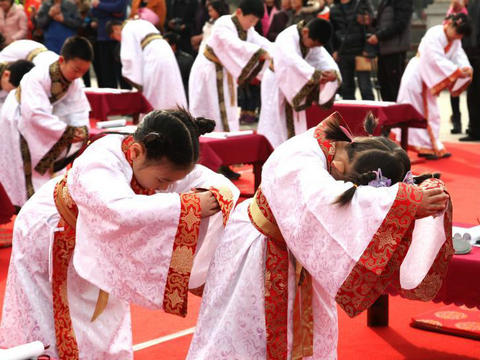Preserving the past to safeguard the future
By Xu Jingxi ( China Daily ) Updated: 2015-02-09 07:53:18
|
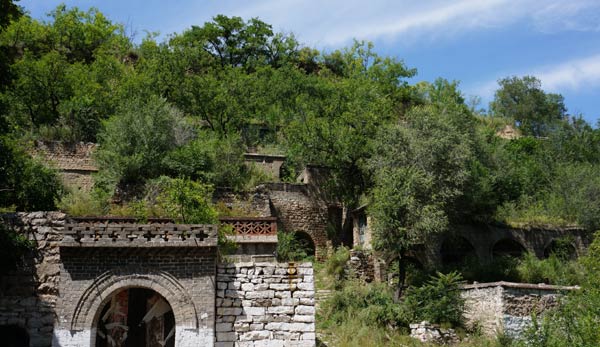 Yinjiao village in Taiyuan, Shanxi province. [Photo Provided to China Daily] |
In many villages it's common to see boxy, three-story brick houses with strip tiles on the external walls, no matter how out of place they look among the surrounding traditional architecture.
"It's become a 'golden criterion' of success in rural areas for farmers to replace their old houses with new ones, using the money they've earned in cities," said Liu Fanggang, who also participated in Chen Yu's survey.
"During the journey, I was disappointed to discover that it's usually the farmers who do the worst damage to ancient villages, their hometowns," the 61-year-old architectural designer said.
"There's still a long way to go on the road to rebuilding confidence in farming culture. We shouldn't allow it to be ruthlessly run over by the bulldozer called 'economic development'."
Chen Yu said all new buildings should be in harmony with tradition, and called on the government to issue instructions about the types of houses villagers are allowed to build to replace their old ones "before it's too late".
However, he was more positive about the renaissance in farming culture and traditional arts in China. "People's need for culture will grow as the economy develops. There's a growing market for tours to ancient towns and villages. City dwellers want to experience the tranquility of the countryside, and appreciate architecture and traditional culture and arts that display local characteristics," he said, adding that the popular tourist villages of Lijiang in Yunnan province and Hongcun in Anhui are good examples of how that can be achieved.
"I don't think commercial exploitation has a negative effect on the protection of ancient villages because it can show villagers the value of their traditional dwellings, customs and folk arts," he said, pointing out that the traditional dwellings in Yulong village, Yunnan, have been well maintained because the villagers had noticed the commercial success of nearby Lijiang.
"I hope the government will encourage rural land transactions so those businesspeople who sincerely love traditional villages will be able to make good use of the resources," he said.
According to Zhao Hui, head of village affairs at the Ministry of Housing and Urban-Rural Development, the government encourages reasonable exploitation and development of traditional villages, but has also imposed strict controls to prevent over-exploitation.
At an October media briefing about the protection of traditional villages, Zhao said: "Over-exploitation is the major problem, so control is still the theme. We don't allow developers to change a residential area into a shopping street, nor will we allow them to move local residents out and turn their villages into 'museums'."
Contact the writer at xujingxi@chinadaily.com.cn
|
|
|
|
|
|
|
|
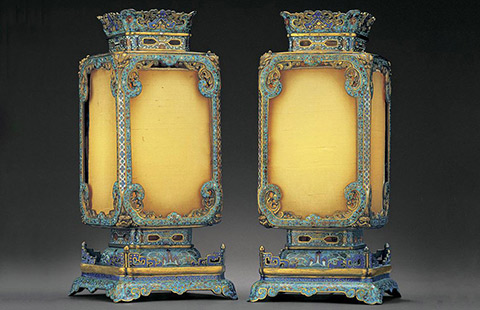
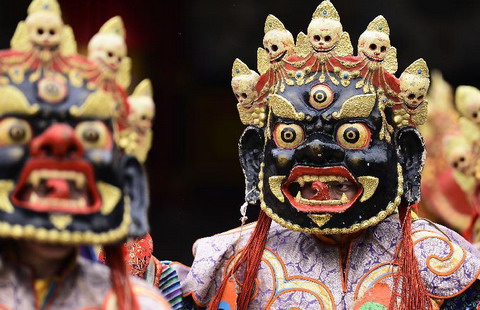
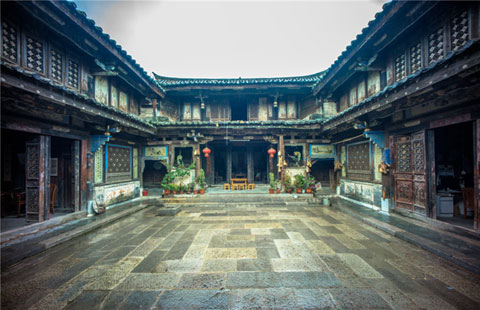

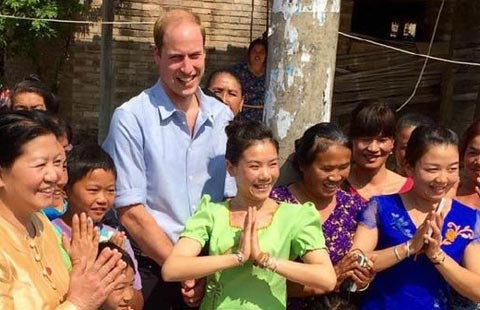

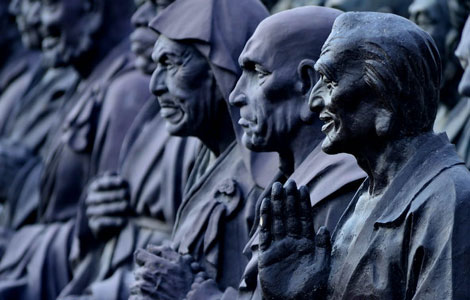







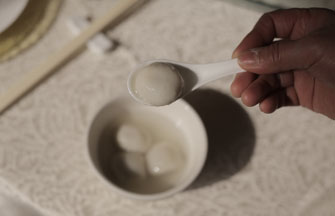
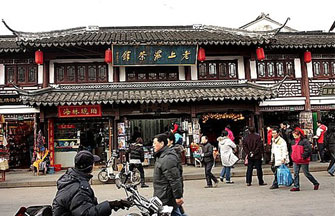


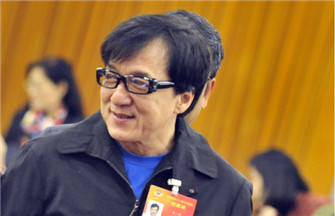

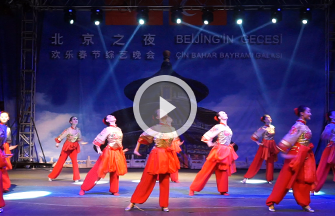


 Raymond Zhou:
Raymond Zhou: Pauline D Loh:
Pauline D Loh: Hot Pot
Hot Pot Eco China
Eco China China Dream
China Dream China Face
China Face



